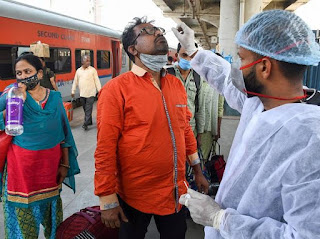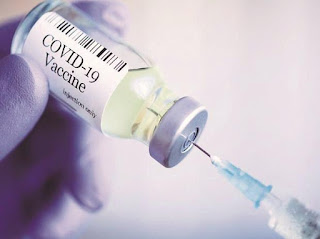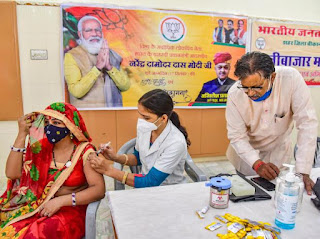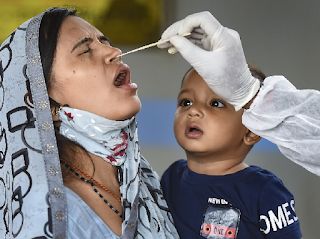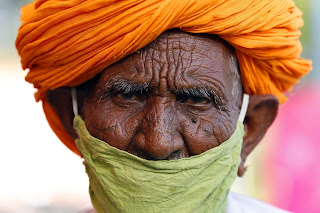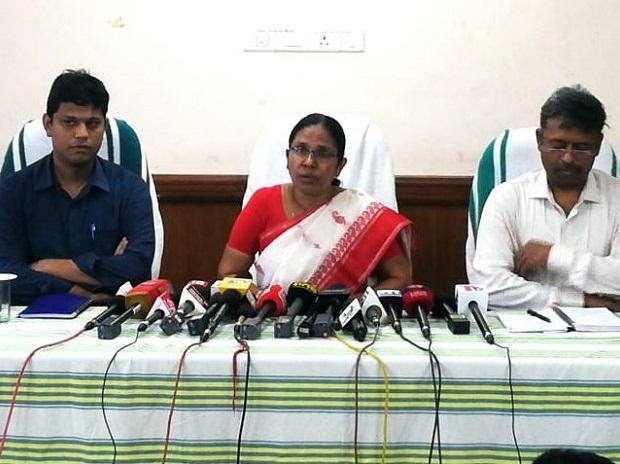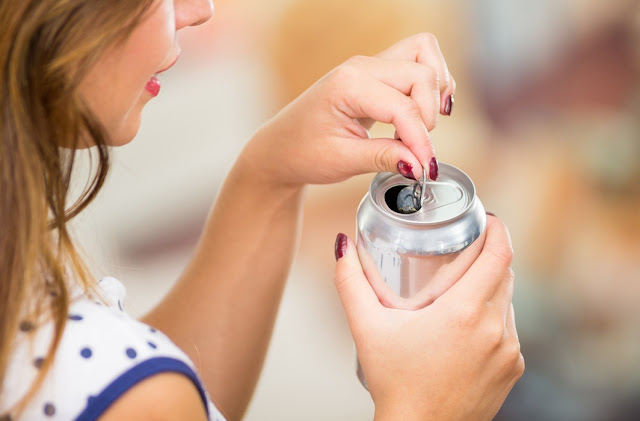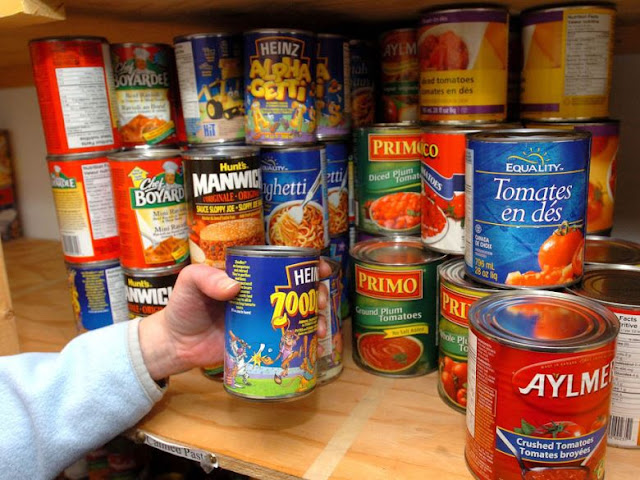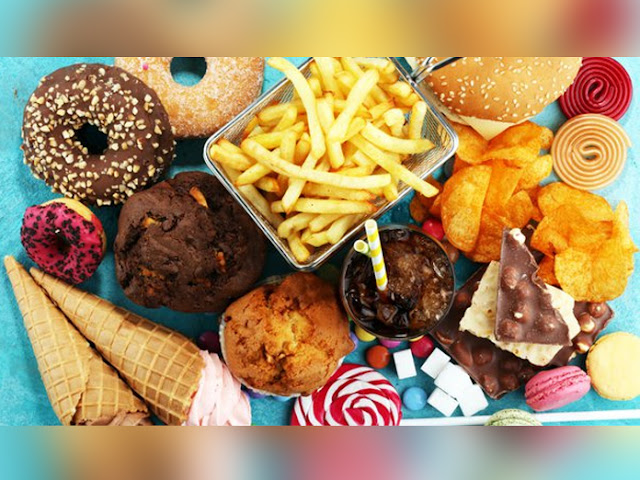India records 7,350 Covid infections in 24 hrs, active cases at 91,456
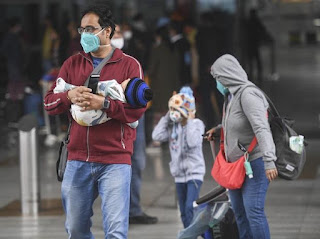
India's coronavirus tally rose to 3,46,97,860 with 7,350 people testing positive for the infection in a day, while the number of active cases declined to 91,456, the lowest in 561 days, the Union Health Ministry data showed on Monday. The death toll from the pandemic has climbed to 4,75,636 with 202 new fatalities, according to the data updated at 8 am. The daily rise in new coronavirus infections has been recorded below 15,000 for the last 46 days now. The number of active cases has declined to 91,456, comprising 0.26 per cent of the total infections, the lowest since March 2020, while the national COVID-19 recovery rate was recorded at 98.37 per cent, the highest since March 2020, the Health Ministry said. A decline of 825 cases has been recorded in the active COVID-19 case count in a span of 24 hours. Read More
